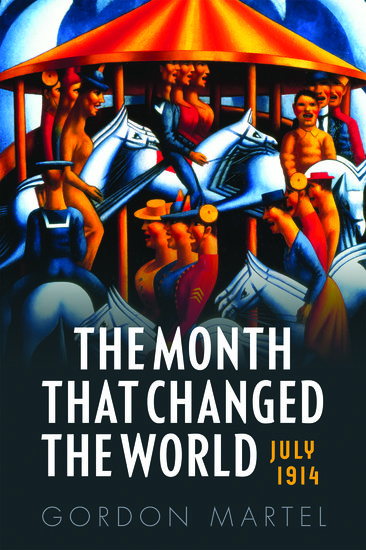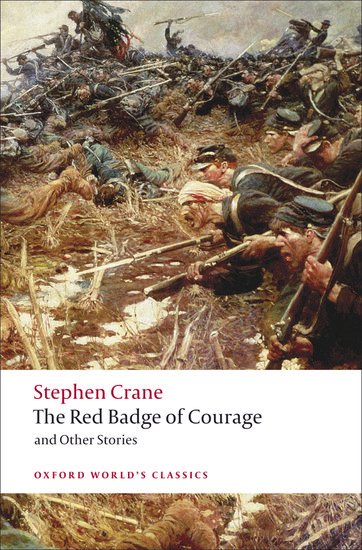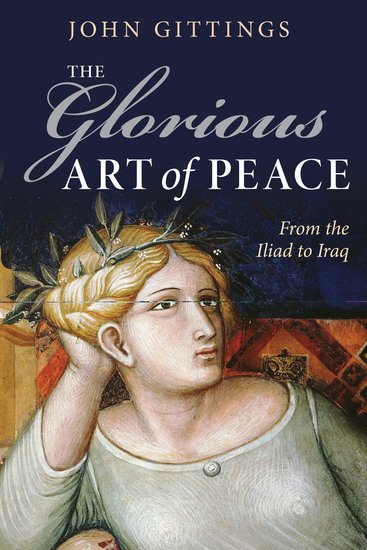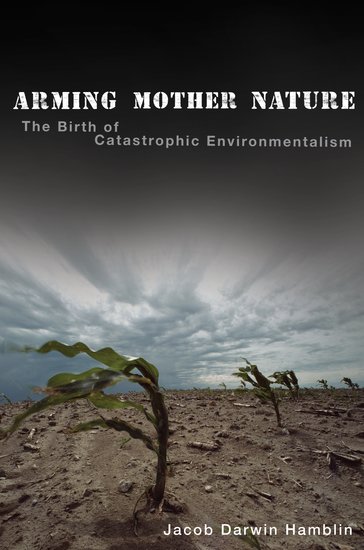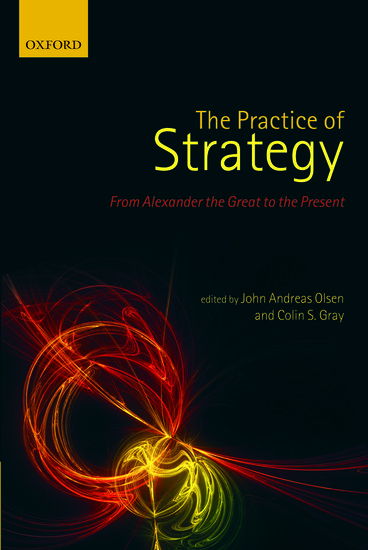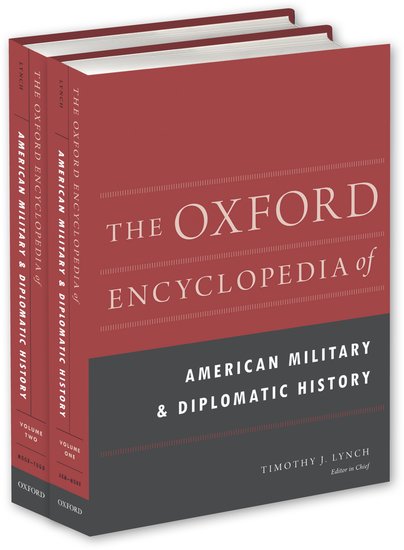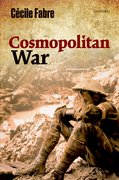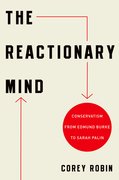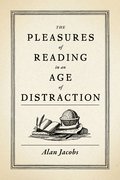The development of peace
The story of peace is as old as the story of humanity itself, and certainly as old as war. It is a story of progress, often in very difficult circumstances. Historically, peace has often been taken, to imply an absence of overt violence or war between or sometimes within states- in other words, a negative peace. War is often thought to be the natural state of humanity, peace of any sort being fragile and fleeting. I would challenges this view.


